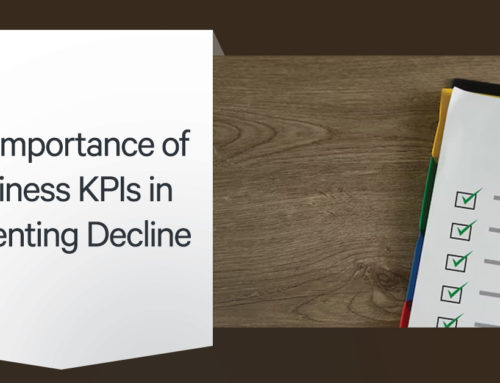Economic uncertainty seems to be a talking point quite a bit in the modern age and as such, if you have some savings tucked away for a rainy day, you are going to want to make sure that they are safe. In order to reassure people that their savings would be safe and keep everything as in order as possible, the Financial Services Compensation Scheme has been put together. This scheme has helped to protect customers who might be the victim of a failed financial services firm. In this article, we will talk about the Bank of England’s Measures for Depositor Protection.
The Financial Services Compensation Scheme: An Overview
To put it plainly, the Financial Services Compensation Scheme has been put together in respect of the protection which relates to deposit and insurance policy protection. In order to make sure this scheme is airtight and everybody understands it a memorandum of understanding has been agreed upon by both the Financial Services Compensation Scheme and the Bank of England. This sets out how the two work together and will be frequently reviewed and updated when necessary.
Financial Services Compensation Scheme Protection
Given that the UK has now left the European Union, the information which is provided in regard to the FSCS applies following the transition period. The PRA are the governing body which is responsible for the various rules that pertain to FSCS protection in regard to both deposits and contracts of insurance.
Deposits and Amounts of Compensation
If you are placing a deposit with a building society, bank or credit union in the UK (which includes Northern Ireland) then you will be happy to know that your deposit, so long as it is authorised by the PRA, is going to be protected by the FSCS for up to £85,000. This applies to all deposits such as those which are made in current accounts, savings accounts and in cash ISAs and savings bonds.
The protection limit put in place for deposits applies to the total eligible deposits of each individual per firm authorised by the PRA. This means that if you have a joint account then both of the account holders are going to be protected for up to the deposit protection limit. That means if there were two of you then the total protection would add up to two times £85,000.
There isn’t necessarily a limit on the number of firms where the protection limit applies given a PRA-authorised firm can own up to several different banking and building society brands. As such, anybody who has different deposits in more than one account operating under a single brand, or various accounts under different brands which are all owned by one single firm, will only be protected up to £85,000 across all of these different accounts.
There are temporary high balances available too, which is where a temporary deposit protection can apply to more than the £85,000 limit for up to 6 months. These different deposits include the likes of proceeds following the sale of a private property. Protection in these cases tends to be extended for up to £1 million.
There are steps which people should consider if they would like to add more to their deposit limit, this can be done if your eligible deposit comes to more than the £85,000 limit. Different methods could be splitting up your deposits so that they’re covered by various PRA-authorised firms instead.
Banks and Building Societies
If you are interested in looking up the banks and building society brands that share FSCS protection then a list can be found on the Bank of England’s website which clearly outlines:
- Banking and building society brands;
- Which PRA-authorised firm actually owns that brand;
- The firm reference number which belongs to that specific PRA-authorised firm;
- Any other brands which are owned by the same PRA-authorised firm and which subsequently share the same FSCS protection.
It’s important that you consult this list given a PRA-authorised bank or building society might actually have several brands attached to it. This means that if you are going to place deposits in one account or in multiple other various brands then you are still only going to be protected for up to £85,000 across all of them. If you have more than £85,000 and in order to make sure it is all protected you put it in different accounts, make sure that these accounts are not all covered under the same PRA-authorised firm.
It’s also worth noting that not every bank or building society is actually protected by the FSCS. If you check the list on the Bank of England website and you do not see your bank or building society on there then they most likely do not fall under the FSCS. This doesn’t necessarily have to be a bad thing as a lot of firms prefer to do things differently but it is important you are up to speed with how they operate. As such, you should be sure that you are speaking to your bank or building society in order to find out exactly how they protect your money once you invest it with them.
Generally speaking, because of the fact that the UK has left the European Union, if you are looking for a PRA-authorised bank or building society, it will be someone who holds deposits in the UK. It is not hard to find these branches as they are covered on the list and they also need to display posters at branches which let people know that they are protected by the FSCS.
Do You Need Financial Help?
If you find yourself struggling financially because of the way a deposit has been held or you generally just need some financial assistance, you should consider speaking to experts such as those we have on hand at Leading UK. We will be able to talk to you about your current situation, how you would like to progress and what your best next steps are in light of that. If you have any questions or require any further information then do not hesitate to get in touch.






